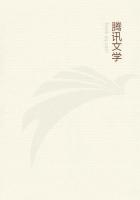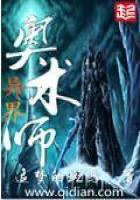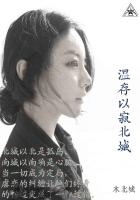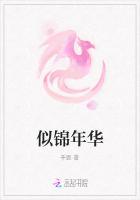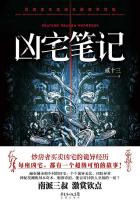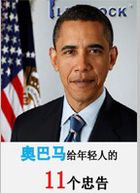ONE day in June, 1854, young Adams walked for the last time down the steps of Mr. Dixwell's school in Boylston Place, and felt no sensation but one of unqualified joy that this experience was ended. Never before or afterwards in his life did he close a period so long as four years without some sensation of loss -- some sentiment of habit -- but school was what in after life he commonly heard his friends denounce as an intolerable bore. He was born too old for it. The same thing could be said of most New England boys. Mentally they never were boys. Their education as men should have begun at ten years old. They were fully five years more mature than the English or European boy for whom schools were made. For the purposes of future advancement, as afterwards appeared, these first six years of a possible education were wasted in doing imperfectly what might have been done perfectly in one, and in any case would have had small value. The next regular step was Harvard College. He was more than glad to go. For generation after generation, Adamses and Brookses and Boylstons and Gorhams had gone to Harvard College, and although none of them, as far as known, had ever done any good there, or thought himself the better for it, custom, social ties, convenience, and, above all, economy, kept each generation in the track. Any other education would have required a serious effort, but no one took Harvard College seriously. All went there because their friends went there, and the College was their ideal of social self-respect.
Harvard College, as far as it educated at all, was a mild and liberal school, which sent young men into the world with all they needed to make respectable citizens, and something of what they wanted to make useful ones. Leaders of men it never tried to make. Its ideals were altogether different. The Unitarian clergy had given to the College a character of moderation, balance, judgment, restraint, what the French called mesure; excellent traits, which the College attained with singular success, so that its graduates could commonly be recognized by the stamp, but such a type of character rarely lent itself to autobiography. In effect, the school created a type but not a will. Four years of Harvard College, if successful, resulted in an autobiographical blank, a mind on which only a water-mark had been stamped.
The stamp, as such things went, was a good one. The chief wonder of education is that it does not ruin everybody concerned in it, teachers and taught. Sometimes in after life, Adams debated whether in fact it had not ruined him and most of his companions, but, disappointment apart, Harvard College was probably less hurtful than any other university then in existence.
It taught little, and that little ill, but it left the mind open, free from bias, ignorant of facts, but docile. The graduate had few strong prejudices.
He knew little, but his mind remained supple, ready to receive knowledge.
What caused the boy most disappointment was the little he got from his mates. Speaking exactly, he got less than nothing, a result common enough in education. Yet the College Catalogue for the years 1854 to 1861 shows a list of names rather distinguished in their time. Alexander Agassiz and Phillips Brooks led it; H. H. Richardson and O. W. Holmes helped to close it. As a rule the most promising of all die early, and never get their names into a Dictionary of Contemporaries, which seems to be the only popular standard of success. Many died in the war. Adams knew them all, more or less; he felt as much regard, and quite as much respect for them then, as he did after they won great names and were objects of a vastly wider respect; but, as help towards education, he got nothing whatever from them or they from him until long after they had left college. Possibly the fault was his, but one would like to know how many others shared it. Accident counts for much in companionship as in marriage. Life offers perhaps only a score of possible companions, and it is mere chance whether they meet as early as school or college, but it is more than a chance that boys brought up together under like conditions have nothing to give each other. The Class of 1858, to which Henry Adams belonged, was a typical collection of young New Englanders, quietly penetrating and aggressively commonplace; free from meannesses, jealousies, intrigues, enthusiasms, and passions; not exceptionally quick; not consciously skeptical; singularly indifferent to display, artifice, florid expression, but not hostile to it when it amused them; distrustful of themselves, but little disposed to trust any one else; with not much humor of their own, but full of readiness to enjoy the humor of others; negative to a degree that in the long run became positive and triumphant. Not harsh in manners or judgment, rather liberal and open-minded, they were still as a body the most formidable critics one would care to meet, in a long life exposed to criticism. They never flattered, seldom praised; free from vanity, they were not intolerant of it; but they were objectiveness itself; their attitude was a law of nature; their judgment beyond appeal, not an act either of intellect or emotion or of will, but a sort of gravitation.
This was Harvard College incarnate, but even for Harvard College, the Class of 1858 was somewhat extreme. Of unity this band of nearly one hundred young men had no keen sense, but they had equally little energy of repulsion.
They were pleasant to live with, and above the average of students -- German, French, English, or what not -- but chiefly because each individual appeared satisfied to stand alone. It seemed a sign of force; yet to stand alone is quite natural when one has no passions; still easier when one has no pains.

